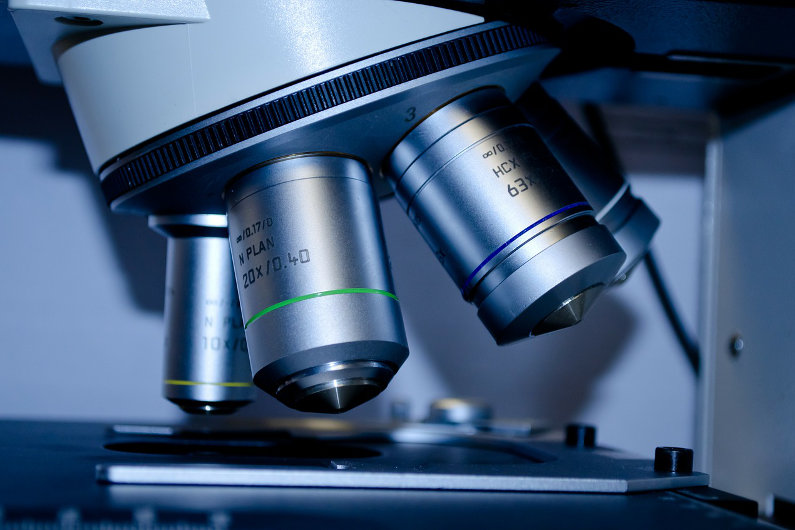The medical industry has certainly seen some huge technological strides in the past decade alone. With every advancement we make, several innovations come about that can target many diseases, health issues, and even life-threatening situations.
It’s fascinating to learn about all the ways in which technology has improved the medical industry.

Not updated on the latest ones yet?
Let’s find out how technology is making waves in the medical industry.
Smart Technology For Inhalers
Inhalers are life-saving devices for those with asthma or any other kind of breathing problems. Many people would not be alive today if they didn’t have their inhaler at an opportune moment. Through this handy contraption, asthma patients can easily inhale the needed medication for controlling their inflammation and relieving symptoms.
There’s been a huge gaping hole in the inhaler industry, though, and that’s the fact that a whopping 94% of the population doesn’t even know how to operate them properly. This is where smart Bluetooth inhalers come in! With these incredible devices, patients are reminded of when to use their inhaler and how to go about it correctly.
Plus, the inhaler’s usage data can be gathered and used for better care in the future. There’s even an app for storing the data. All this leads to a higher level of asthma control and an overall better quality of life for asthma patients.
You’ll need to conduct some research to get access to this device. To find out which medical organizations or healthcare centers provide this device, you can conduct the New Jersey Secretary of State corporation and business entity search and find their locality.
Teletherapy
We’re all stuck to our laptops or smartphones all the time, but this is the technology that could get us some much-needed human interaction as well. Nowadays, mental health issues are on the rise and their awareness is also thankfully becoming more common. With something called teletherapy, patients can have therapy sessions with therapists and psychiatrists.
Those who suffer from depression, anxiety, or other anti-social issues clearly have problems leaving their home for therapy sessions. Since we can all video chat on our devices, it only stands to reason that professional help can also be utilized in this manner. The usage of Skype, FaceTime, or WhatsApp has become extremely valuable here.
Cancer Treatment

A cure for cancer still remains the holy grail for many medical researchers. This dangerous disease has been attacked by many tools over the past several decades, but technology might be the final blow that would crush it. StudyLog Systems can give more information on how pre-clinical research can contribute to the treatment of cancer.
Why is this so?
Precision medicine is a huge move towards the progress of cancer research, where technological advancements have made it possible for doctors to evaluate the genetic makeup of any type of cancer. They can then prescribe treatment for it accordingly.
Rheumatoid Arthritis
Precision medicine is also a blossoming treatment method for medical issues like rheumatoid arthritis. Through this, doctors may finally be able to target the genes and mutations that eat away at cartilage between our joints. The result could be a reversal of this problem, making even the elderly as active as when they were young!
While precision medicine isn’t exactly a bona fide cure, the concept of tailoring treatment certainly gives arthritis patients a lot of hope.
Controlling Diabetes
It’s no surprise that scientists and doctors are working to find a proper cure for diabetes once and for all. The main issue here is to make the constant checking, monitoring, blood drawing, and other hassles much less frequent than they are now.
This goal may finally be achieved with the artificial pancreas, where an automatic insulin delivery system just might reduce the need for heavy-duty diabetic treatments. These would monitor and automate the levels of blood sugar and provide the needed insulin for a normal internal system.

